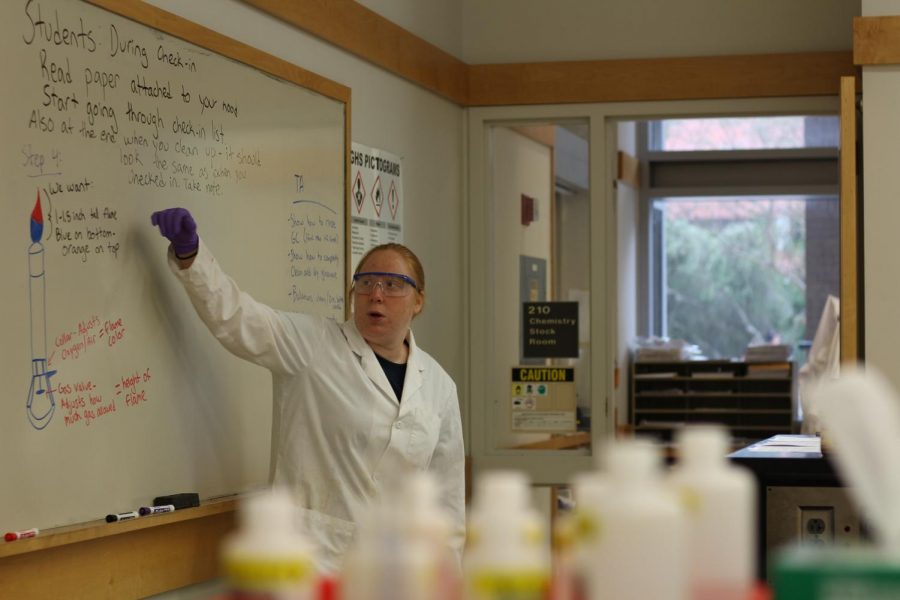From brain tumors to car batteries: Research at Tulane booms this fall
December 5, 2019
This semester, Tulane has made strides in research in a wide range of fields including cancer biology, entrepreneurship and education. Here are some of the highlights:
Senior James Rogers
James Rogers, a senior at Tulane, spent the summer of 2019 as a visiting researcher in Zurich, Switzerland, where he studied the effects of antidepressants on glioblastoma, a severe type of brain tumor. Comparing the survival of cancer cells in both drug-free glioblastoma patients and patients taking antidepressants, Rogers observed mixed results, so his project is ongoing.
Education Research Alliance for New Orleans
Tulane’s Education Research Alliance for New Orleans, housed in the School of Liberal Arts and supported by the Murphy Institute, released a study indicating the closure of struggling schools in New Orleans and the takeover of charter schools is gradually improving education quality at the elementary school age and expanding academic opportunities.
Assistant Professor Michael Naguib
Michael Naguib, assistant professor of the Physics and Engineering Physics Department, received the Ten at Ten Award from the U.S. Department of Energy for creating a two-dimensional material composed of metal carbides and nitrides, the development of which could result in much faster charging rates for cell phones and car batteries.
A. B. Freeman School of Business
Tulane’s A. B. Freeman School of Business surveyed over 200 startup companies in the New Orleans area and released a report detailing the average size of a New Orleans startup and annual revenues averaged from the past two years. The 60-page report is the first published overview of the entrepreneurial ecosystem in New Orleans.
Professor Michael Moore
Michael Moore, a Tulane biomedical engineering professor in the School of Science and Engineering, is involved with the Helping to End Addiction Long-term Initiative, which draws expertise from 12 different institutes at the National Institutes of Health and has a budget of $945 million. Moore has been awarded 1.2 million dollars from HEAL to study the pain in human nerve cells, creating the first model that demonstrates nervous system form and function on a computer chip.























Leave a Comment